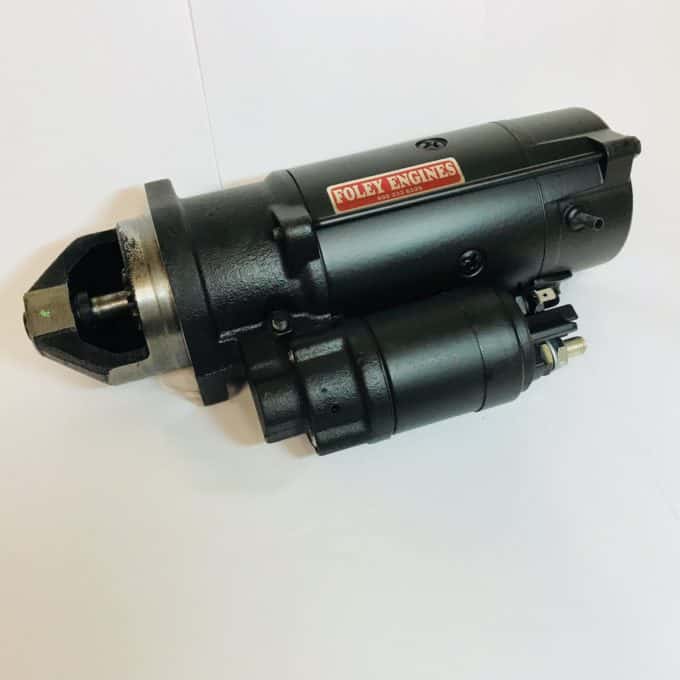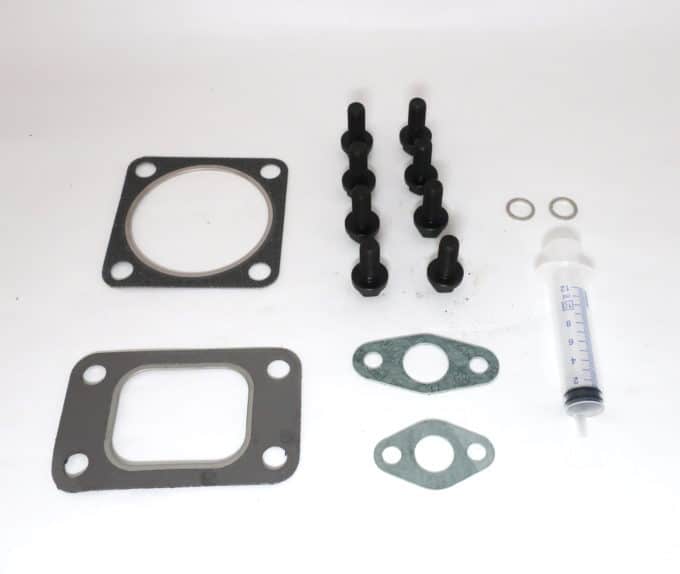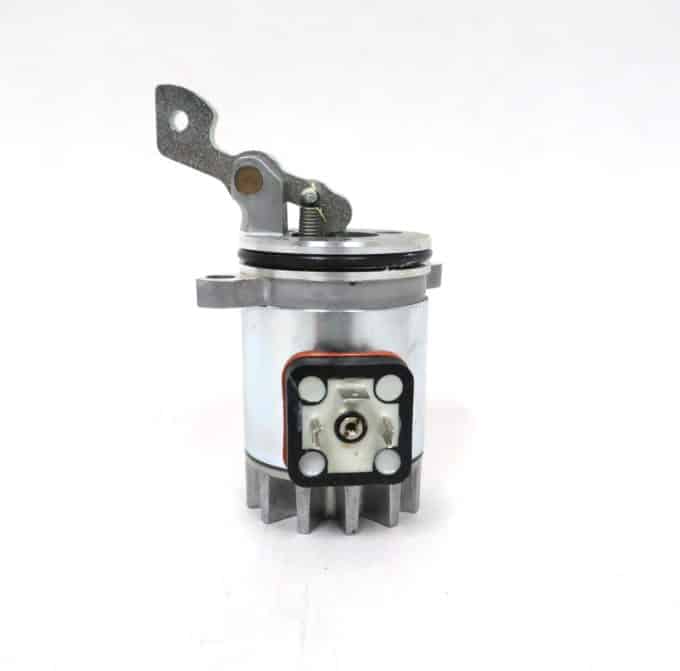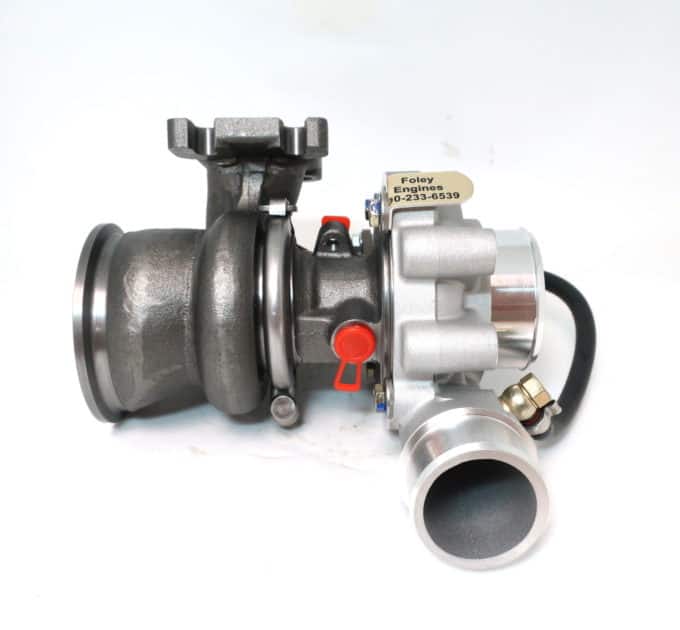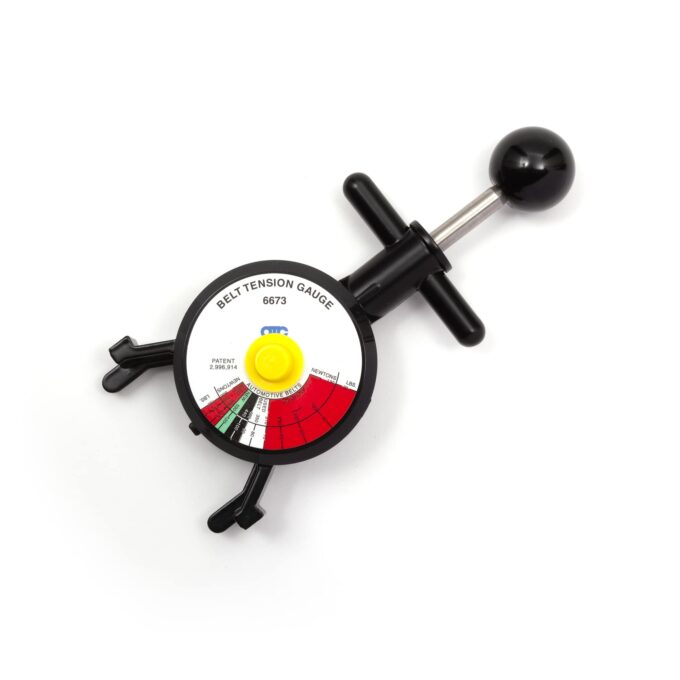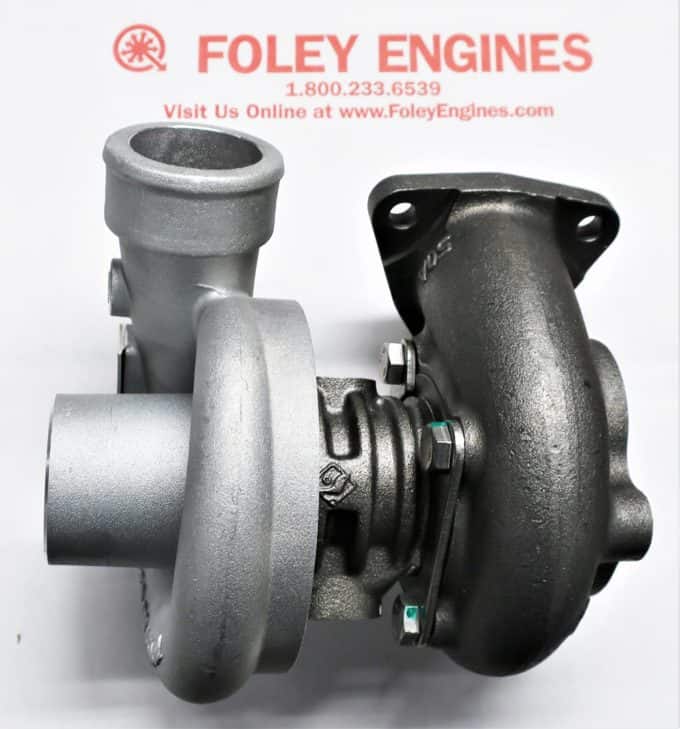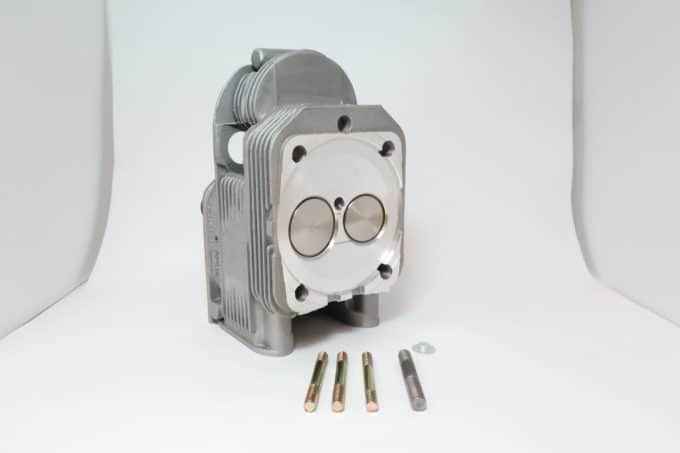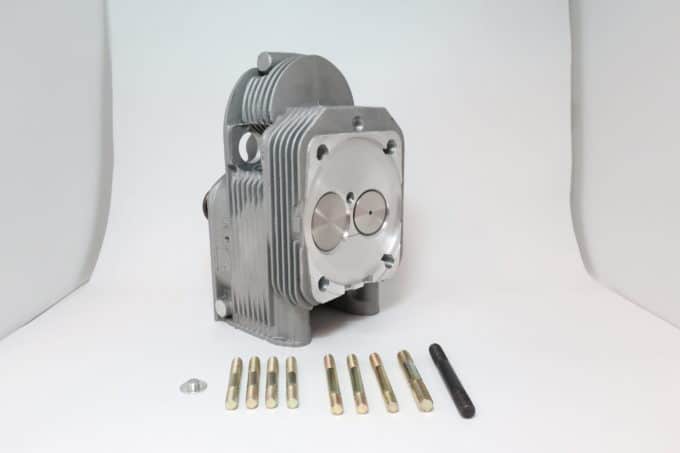Deutz diesel engines can be difficult to work on and parts help hard to find.
This Tech Tip, one in a series we publish for the industrial engine community, follows on the heels of other Dr. Diesel™ Tech Tips that focus on Deutz engines. See for example:
- Tech Tip #86: Deutz Diesel Fuel Systems: How to identify the correct Deutz 912 Diesel Series Fuel Pumps and Injectors and
- Tech Tip #170: All You Need to Know to Install a Deutz, Perkins or Deere Crankshaft.
If you need help finding your Deutz engine serial number, we have a helpful video guide as well! Just click here!
This Dr. Diesel™ Tech Tip discusses Deutz cylinder head gaskets and which type, MLS or composite, to select when servicing an industrial engine such as a Perkins, Deutz or John Deere. We will illustrate this Tech Tip with examples from Deutz diesel engines but the principles apply to all industrial engines.
When ordering a replacement head gasket for a Deutz engine, you are often asked if you want a “composite gasket” or one that is “multilayer steel.” This is often abbreviated as an “MLS” head gasket. This is an important question. Fortunately, arriving at the correct answer is very simple. Here is some background to help you out.
1) Multilayer steel head gaskets have been used for years in internal combustion engines. They have as many as 3, 4 or even 7 layers of steel with the outer layers usually composed of “spring steel” to achieve a positive seal. A thin coating of Viton or nitrile rubber is often used between the layers of steel as well as on the external surface to help the gasket seal better. It is less common now, but many mechanics over the years would coat the gasket with shellac when installing it. The MLS gasket is a rugged gasket, used very frequently on high horsepower, big bore engines. If properly installed, it will not “blow out” very easily.
But a multilayer steel head gasket needs to be installed on a smooth surface, at least 40 Ra (“Rough average”) or smoother, if it is to hold. It is best if you can get the surface down to 30 Ra (or lower). Another way of measuring smoothness is Rz. This is a better indicator of the texture across the complete head surface. Rz is the average of the difference between the peak height and valley depth across the head surface and an Rz of 180 or less is the goal.
Unfortunately, no matter how you measure it (Ra or Rz) many old time automotive machine shops can’t achieve these new specs because they lack modern surfacing equipment. For example, the Storm Vulcan Model 85B Blockmaster surface grinder (which is still found in many small shops) just can’t resurface to that spec. A belt surfacing machine also can’t begin to achieve this level of smoothness. You would probably do equally well just dragging the cylinder head behind your pick-up down the road for a mile or so.
2) Composite gaskets are a recent innovation in head gaskets. They are far more forgiving of rough surfaces or blocks with protruding liners, and hold better on a rough surface. In fact, they need a surface roughness of Ra 40 (or 240 Rz) or higher to work well. The maximum surface roughness that a composite head gasket can handle is 100 Ra or 600 Rz. Not only do they hold well on less than ideal head surfaces, a composite head gasket cost a little less than an MLS head gasket.
Which One Should You Yse?
If you are doing a total overhaul of your Deutz engine (and will have the head resurfaced as well, as the top of the block “decked” by a competent diesel shop) you probably want to use an MLS gasket. It will last longer, hold better, and you would want it on a larger bore, higher horsepower engine such as a Deutz 1012, 1013, 1015, etc.
On the other hand, if you have an interference-fit Deutz (such as a Deutz 1011 or 2011) you have a different kettle of fish, as we say on the coast of New England. With a Deutz 1011 or Deutz 2011 (because they are interference fit engines) when the timing belt breaks – and it will – the pistons will hit the valves, bend them, and maybe even damage the cylinder head.
If you are the average guy, with a Deutz powered stump grinder or aerial lift, you are pressed for time and need to go right back to work. You probably are just going to remove the Deutz head, replace a valve or two, and throw the head back on without resurfacing it or the deck. In this case, you would want to use a composite head gasket because it will hold better on that rough surface. At the same time, you will need to put on a new timing belt. See Dr. Diesel™ Tech Tip #144: Deutz 1011 and 2011 Timing Belt Tension for information on how to install a Deutz 1011 or Deutz 2011 timing belt and pulley.
Let’s Not Forget …
Cylinder head bolt hardware is important. Cylinder head bolts perform a tough job and shouldn’t automatically be re-used. They endure many temperature cycles and (over time) will stretch, fatigue, and lose their clamping ability. No amount of head bolt over-tightening will overcome this. While you could invest in a head bolt gauge to measure head bolt stretch, it is less expensive (and easier) to simply replace the head bolts.
To help you put on the cylinder head so it stays on, we stock new head bolts (and also new rod bolts) for all Deutz diesels. We include them in most of our Foley Hytork Engine Overhaul Kits free of charge.
If your old Deutz head doesn’t pass inspection or you just can’t wait for the local shop to get to it, we stock factory remanufactured heads and can get one right out to you. Just call us toll free at 800.233.6539 with the model of the engine and a head casting number. It’s as simple as that.
Summary
Head gasket selection is an important part of the overhaul of a Deutz engine. If you are not going to resurface the block and head, we recommend a composite head gasket. In any case, whichever gasket type you use, we strongly suggest a set of new head bolts and supply them free of charge in most of our Deutz rebuild kits. We also suggest the head bolts be torqued correctly to achieve maximum sealing. Torquing a Deutz head is a complicated, multi-step process that is outlined in the Deutz Workshop Manual for your engine.
We hope that this Dr. Diesel™ Tech Tip is helpful to those working on Deutz diesel (and other) industrial engines. To support people like you, we stock over 20,000 square feet of Deutz replacement parts, turbos, Workshop Manuals, etc.

